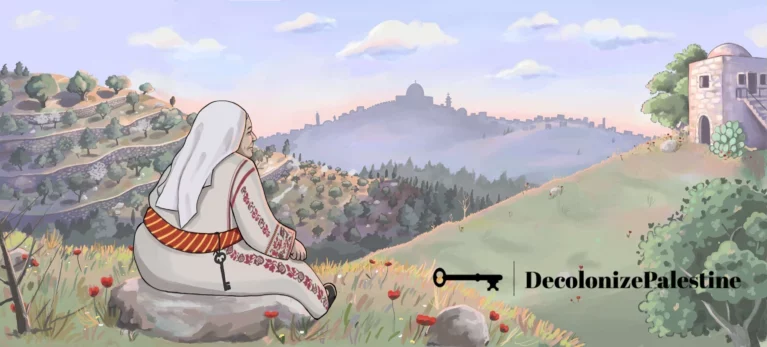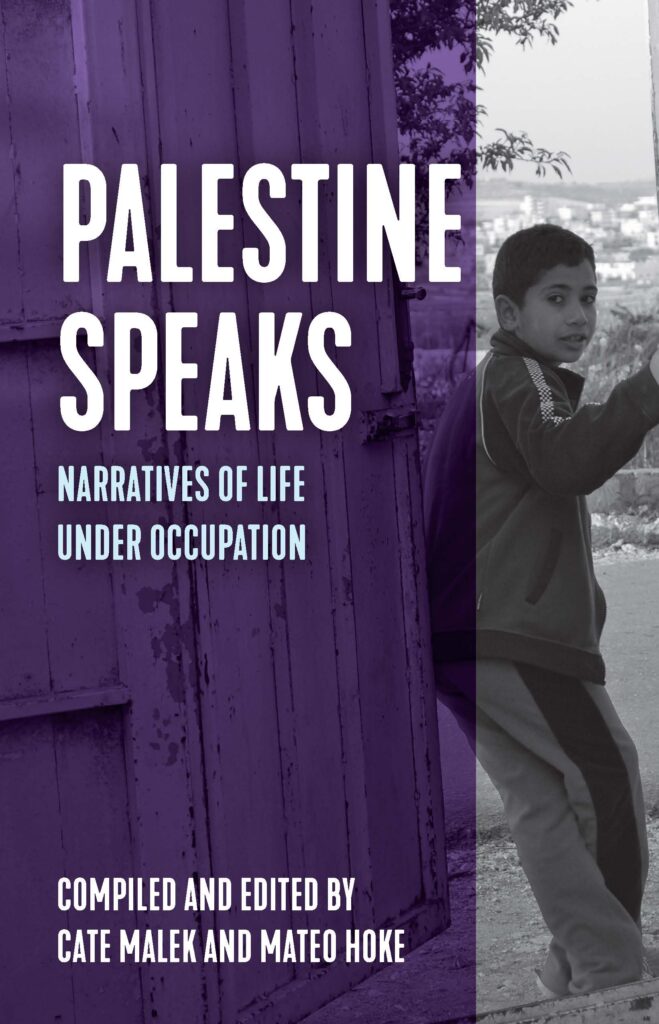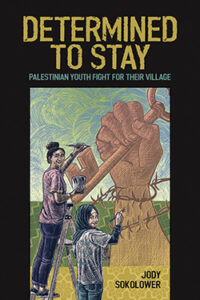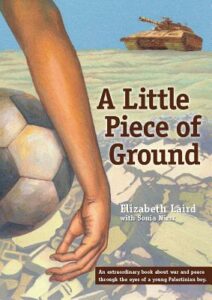Decolonize Palestine

A teaching resource that offers critical information on Palestine for adults and children. It breaks down common Zionist myths and answers frequently asked questions about Palestine.
Visualizing Palestine
![]()
Source for data and research to visually communicate Palestinian experiences and provoke narrative change. It breaks down many issues that Palestinians have faced in a visually appealing and easy to understand way.
Palestine: Resources for Kids & Teens
Has several lists of books for young children. 5 books for ages 3+, 6 books for ages 6+, and several others for 9+ and 13+.
Palestine Speaks
 Students will critically examine how power structures create and reinforce dominant narratives through media, culture, religion, politics, and their own lives and communities. Students will explore and analyze recent U.S. civil rights abuses, and think critically about how power and inequality in the United States relate to power and inequality in Palestine. Grades: Flexible and adaptable for middle school and high school. Time Needed: Entire curriculum covers approximately 2 weeks of class time. However, each lesson can be taught separately.
Students will critically examine how power structures create and reinforce dominant narratives through media, culture, religion, politics, and their own lives and communities. Students will explore and analyze recent U.S. civil rights abuses, and think critically about how power and inequality in the United States relate to power and inequality in Palestine. Grades: Flexible and adaptable for middle school and high school. Time Needed: Entire curriculum covers approximately 2 weeks of class time. However, each lesson can be taught separately.
BLM At School – Black-Palestinian solidarity page
Resources on the history of Black-Pal solidarity and Palestine resources in general for teachers at multiple grade levels.
Power and Perspective in Palestine

A 6th Grade Unit Based on Determined to Stay, contains slideshows, study guides, and resources. Statement of inquiry: Power and global interactions make conflict inevitable, but cooperation is possible through a change in perspective. Inquiry Questions: Factual: What is conflict? What are different types of conflict? Conceptual: How do we manage and solve conflict? Debatable: To what extent is conflict inevitable and cooperation possible?
Global Look at Youth Incarceration

A 6th Grade Unit “Was She Really Going to Punch That Israeli Soldier?” A 6th Grade Unit Takes a Global Look at Youth Incarceration Focus: Analyze specific issues by drawing connections, comparing, and contrasting peoples’ conditions in two different locations, considering geographic and political contexts.
Little Piece of Ground

Twelve-year-old Karim Aboudi and his family are trapped in their Ramallah home by a strict curfew. In response to a Palestinian suicide bombing, the Israeli military subjects the West Bank town to a virtual siege. Ages 9-12. Written in a very relatable tone for children this age while also giving historical context at an appropriate level.
